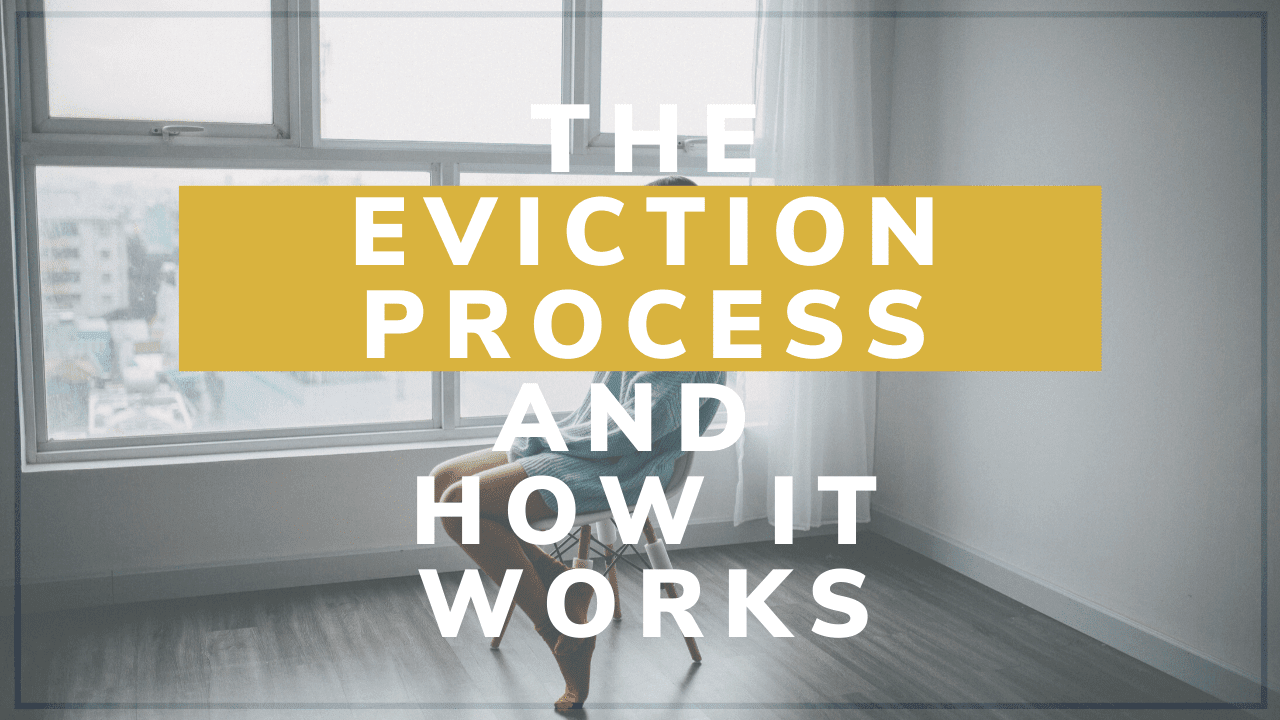
Evicting a tenant is not something that any landlord or property manager enjoys doing. It’s emotionally stressful for owners and it also costs a lot of money. We have a very low eviction rate at Real Estate Gladiators because we’re careful with our tenant screening and we maintain excellent relationships with our tenants.
But, we’re often called when a self-managing landlord or an owner needs help removing a tenant who isn’t paying rent or is violating the terms of the lease. We know it can seem like an overwhelming and complex process, but if you follow the law and document everything you do, getting your property back doesn’t have to be terribly difficult.
We always recommend you work with a professional eviction attorney or a Bellevue property management company. This removes a lot of risk from the process and ensures you won’t make expensive mistakes.
Serve a Pay or Vacate Notice
Your first step is to serve a Pay or Vacate Notice, and we recommend you do this as soon as you don’t receive the rent. The reason is simple; your notice period is 14 days. So, you cannot do anything for 14 days after serving this notice except for wait. So, serve the notice even if you have no intention of evicting the tenant and even if your tenant has promised to pay in a week or 10 days. You want to get the process moving just in case you need to evict a nonpaying tenant. Every day that you don’t receive the rent makes the whole process more expensive and complicated.
File for an Eviction
Usually, if a tenant wants to stay in the property, they will catch up with the rent within the notice period and set your mind at ease. However, if those 14 days come and go and you still have not received the overdue rent and your tenants are still not cooperating or communicating, you’ll need to file for an eviction. You’ll need to do this through the courts, and the Summons and Complaint will have to be served on your tenant by a third party. This is not a notice you can deliver yourself.
After the eviction is filed, you’ll either receive a default eviction judgment because the tenant does not respond, or you’ll be required to attend a court hearing. Either way, if you can document that rent is overdue and the tenant has not paid, you will ultimately get your property back, either through a formal eviction or by negotiating a move-out date with your tenants.
Obtaining a Writ of Restitution
 Once the courts rule in your favor and provide you with the legal right to remove the tenant from your property, you’ll receive a Writ of Restitution. In a worst-case scenario, your tenants will still refuse to leave and they’ll need to be physically removed. This is not something you should do; it’s a job for the sheriff. Wait until the sheriff removes the tenant before you change the locks or enter the property.
Once the courts rule in your favor and provide you with the legal right to remove the tenant from your property, you’ll receive a Writ of Restitution. In a worst-case scenario, your tenants will still refuse to leave and they’ll need to be physically removed. This is not something you should do; it’s a job for the sheriff. Wait until the sheriff removes the tenant before you change the locks or enter the property.
Evictions are not pleasant for anyone, and we always encourage owners to look for alternatives. Sometimes, however, you’re left with no choice. If you need some support during the eviction process, please don’t hesitate to contact us at Real Estate Gladiators.
